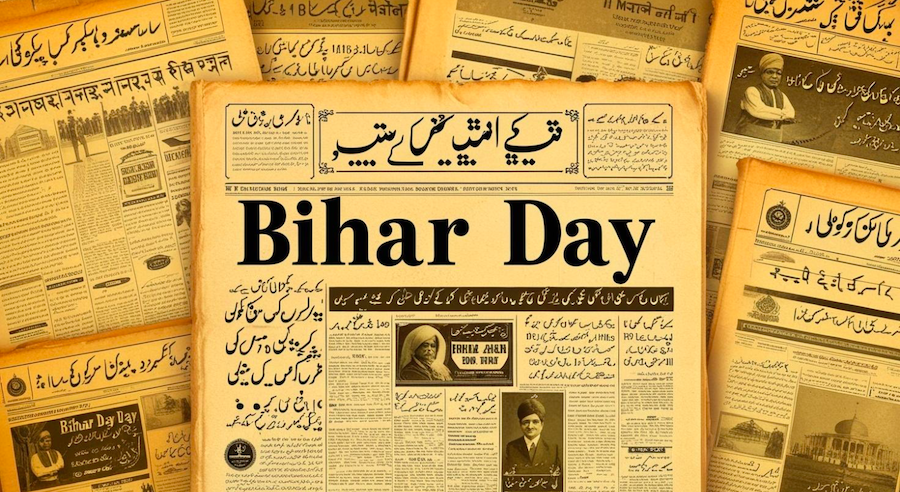Chicago (AP): The trial of a Chicago businessman accused of helping plan deadly attacks in Mumbai in 2008 is being closely watched worldwide for what testimony might reveal about the global fight against terrorism. Defense attorneys, though, say their case is about just one thing: Betrayal.
Opening statements start Monday in the trial of Tahawwur Rana, who prosecutors allege provided cover for his former schoolmate to scout out sites for the rampage that killed more than 160 people in India’s largest city. Rana, 50, has pleaded not guilty.
The case has drawn keen interest because the testimony might give clues about suspected links between the Pakistani militant group blamed in the attacks and the nation’s main intelligence agency, which has been under scrutiny for failing to detect Osama bin Laden since U.S. forces killed him May 2 outside Islamabad.
Prosecutors’ key witness is expected to be David Coleman Headley, a Pakistani-American and Rana’s former friend who pleaded guilty last year to laying the groundwork for the Mumbai siege blamed on the militant group Lashkar-e-Taiba. Headley is cooperating with the government and may discuss allegations that Pakistan’s government knew — or possibly helped plan — the attack. Six Americans were among those killed.
But attorneys for Rana, who’s also accused of planning an attack that never happened on a Danish newspaper, say their client was simply duped by his longtime friend and didn’t know what plot was in store. Headley and Rana, a Pakistani-born Canadian, met at one of Pakistan’s most prestigious military boarding schools and stayed in touch as adults.
“What this case is going to be about is David Headley’s betrayal of his friend Rana, his betrayal of the United States, his betrayal of all human and decent values,” said Rana’s attorney Charlie Swift. Rana, he said, had the misfortune of “being friends with a terrorist.”
Headley admitted that he made surveillance videos and conducted other intelligence-gathering for the Mumbai attack. He also told interrogators that he was in contact with another militant who was helping plot a separate bomb attack against a Danish newspaper whose cartoons of the Prophet Muhammad offended Muslims.
Rana, who was arrested in 2009, is accused of giving Headley cover by letting him open an office of his Chicago-based immigration and law services business in Mumbai and travel as a supposed representative for the agency. He also allegedly helped Headley make travel arrangements in the Denmark plot.
Prosecutors have repeatedly declined to comment.
Attention to the trial has been evident, especially amid recent questions about whether the ISI had knowledge of bin Laden’s whereabouts. Security has been tightened, with more armed guards and a metal detector outside the courtroom. Many reporters from Denmark and India are covering the proceedings.
“The trial has the potential to be an irritant and already has been in what’s happening in the U.S.-Pakistani relationship,” said Daniel Markey, a fellow at the Council on Foreign Relations. “Given the Indian media attention, it’ll stoke Indian concern about what Pakistan has been up to.”
Some experts are doubtful the trial will reveal much new. For one, federal prosecutors may work hard to keep any sensitive information from surfacing in the courtroom, and Headley’s credibility has been under question.
Headley, born Daood Gilani, reached a plea deal with prosecutors in the terrorism case in exchange for avoiding the death penalty and avoiding extradition. He’s also been an informant for the U.S. Drug Enforcement Administration after a drug conviction.
Former Assistant U.S. Attorney John Kocoras, who has worked on terrorism cases, said he was skeptical the trial would offer much more.
“I don’t anticipate that the prosecutors will delve into deeper geopolitical issues,” he said. “The prosecution generally approaches that in a formulaic way without overly appealing to emotion.”
Jury selection last week gave a preview of what to expect. Rana’s attorneys had said they wanted a jury that wouldn’t be biased against their client, who is Muslim. Questions of potential jurors in open court focused on their views on Islam, terrorism, and U.S. citizenship.
About half a dozen were dismissed after admitting to having biases against Muslims or saying they were afraid to be involved in a terrorism case. According to the judge, one juror had written on his questionnaire, “Terrorists are mainly Muslims, or am I wrong?”
The jury of 12 people is mostly minorities and women. Six alternates were also chosen for the trial that U.S. District Judge Harry D. Leinenweber said would last about a month.
Rana attended jury selection, but did not speak. He appeared to pay strict attention to the process, occasionally taking notes. If convicted, he faces a possible life sentence.
He is the seventh name on the indictment, and the only defendant in custody. Among the six others charged in absentia is “Major Iqbal” and Sajid Mir, allegedly another Lashkar-e-Taiba supervisor who also “handled” Headley.








